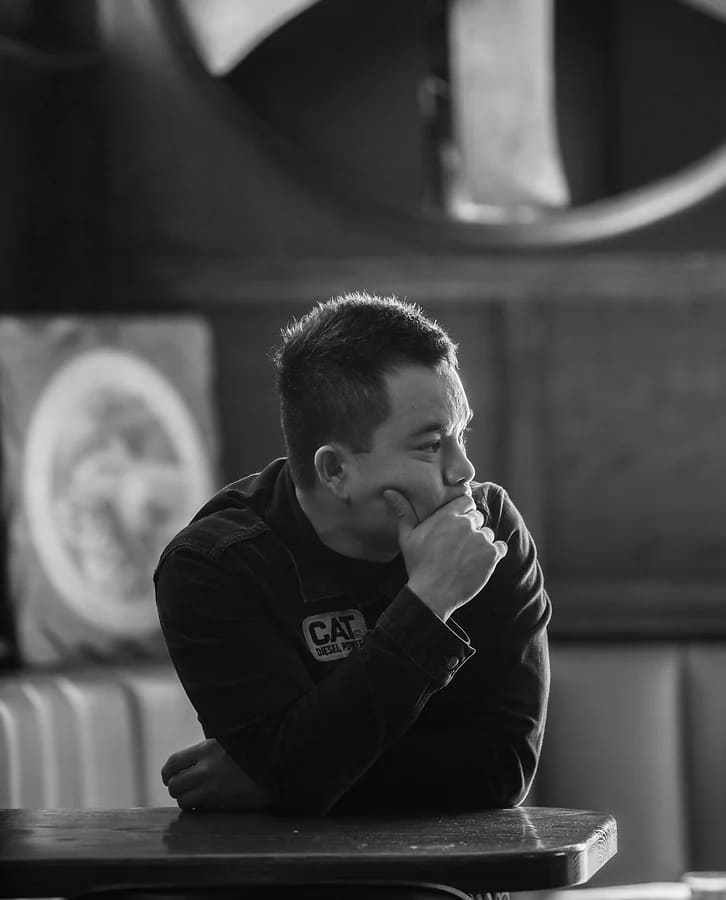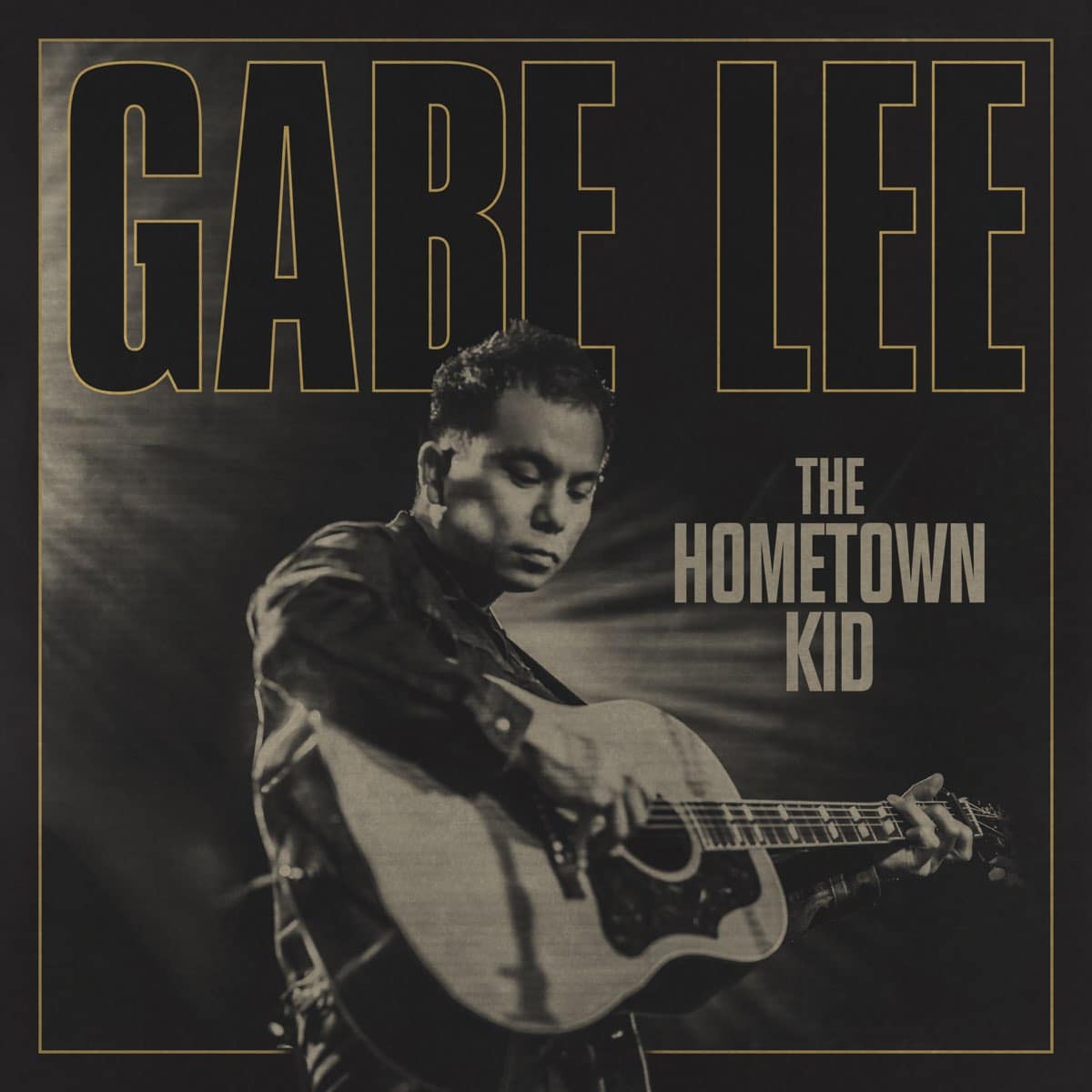On The Hometown Kid, Gabe Lee colors his prodigal return and considerable writing with shades of ambient indie rock and blue-collar soul while maintaining the full-band momentum built with 2020’s Honky Tonk Hell.
“Wide Open”, the album’s instigator, utilizes reverb and ethereal steel to set up a dreamlike narrative that mines memory and modern hotel mornings. It’s rock-ish and twangy with a hip piano melody that situates behind the eyes.
Lee shows out vocally and lyrically on “Over You”, turning heartbreak into sway, abandoning peace for Williamson County “where even the garbage is clean”, and lamenting heartbreak with a quiet fury that doesn’t quite convince that he’s healed. It’s a drowner, a whiskey enabler chased with fine fiddle and wailing guitar.
It may be a byproduct of his evolving live show, but The Hometown Kid also finds Lee adding more danceable numbers to his repertoire. “Lucky Stars”, a battling heartacher that nevertheless sets toe and heel to rhythm rouses in the chorus and becomes a sing-a-long when Gabe belts, “When she said, ‘I don’t love you,’ it nearly tore my world apart…”
Elsewhere, “Rusty” makes use of ‘90s alt vibes, and “Kinda Man” takes up the tale of smalltown glory reminiscent of Steve Earle’s “No. 29”, though perhaps offering a rosier vision on the back of robust, Nils Lofgren-esque leads.
Ballad “Buffalo Road” evokes John Hiatt both in the title and with a delivery that beautifully juxtaposes swagger with melancholy. It’s Lee working out a future version of himself– one to shoot toward or against– and another fine vocal performance plumbing lows and highs with surprising but impressive agility.

If you’ve followed Gabe through Farmland and Honk Tonk Hell then “Lonely” is what you’ve been waiting for. Simply arranged and reliant on in-the-room, arm’s-reach emotion, the observation that “feelin’ kinda lonely ain’t what it used to be” is one of the sharpest on the record.
“One Of These Days” feels like part two to “Wide Open”, a mid-range rocker that instead of looking in the rear-view mirror calls ducking from the passenger side window. Call it the troubadour’s paradox– the things we love have to inspire from distance or danger. It’s one of the better iterations of the “I’m gonna make it someday” vehicle (of which I am not a fan), though (nitpicky, I know) I could’ve done without the talking verse.
I can only guess at Gabe’s reason for combining the horn-heavy “Longer I Run” with the forlorn “Hammer Down”. Some triskaidekaphobic aversion? The former fills the tank with amber brass to coast on Muscle Shoals soul and reaching vocals that, like Ol’ Waylon, test Lee’s established archetype. The latter strips down to reflective steel and Floyd Cramer-ish piano, and it’s a Mr. Gabe Lee song the way I like ‘em– the weary gumshoe poet narrating his hard luck, the hero you both admire and pity because he’s solved your own mystery in three chords.
No strings on Gabe Lee the rocker or the developing soul singer, but it’s tough to beat the guy for poignance and balladry. “Never Rained Again” finds Lee in love, and like any dented heart, rifling through what-ifs and multi-versal combinations. On that same note, the prequel-ish “Long Gone” gets funky and bluegrassy, cleverly perambulating past the drudgery of pandemic lethargy and fantasizing about a family of brown-eyed kids (one of the best uses of backup singers on the record)– if his would-be paramour hasn’t made off without him in the meantime. No matter the potential for success, Lee never takes his eye off the possibility of failure, keeping its number in his phone just in case.
Finally, channeling Jerry Jeff Walker and Leon Russell while seeking sonic atonement, Gabe makes his case for inclusion to hillbilly heaven with “Angel Band”, a front pew, hands-up, clapper destined for encore status. The raunchy, twangy lead guitar matched with the cherubic fiddle is a highlight of the whole album, and I can’t wait for Gabe to get back to town so I can sing along.
